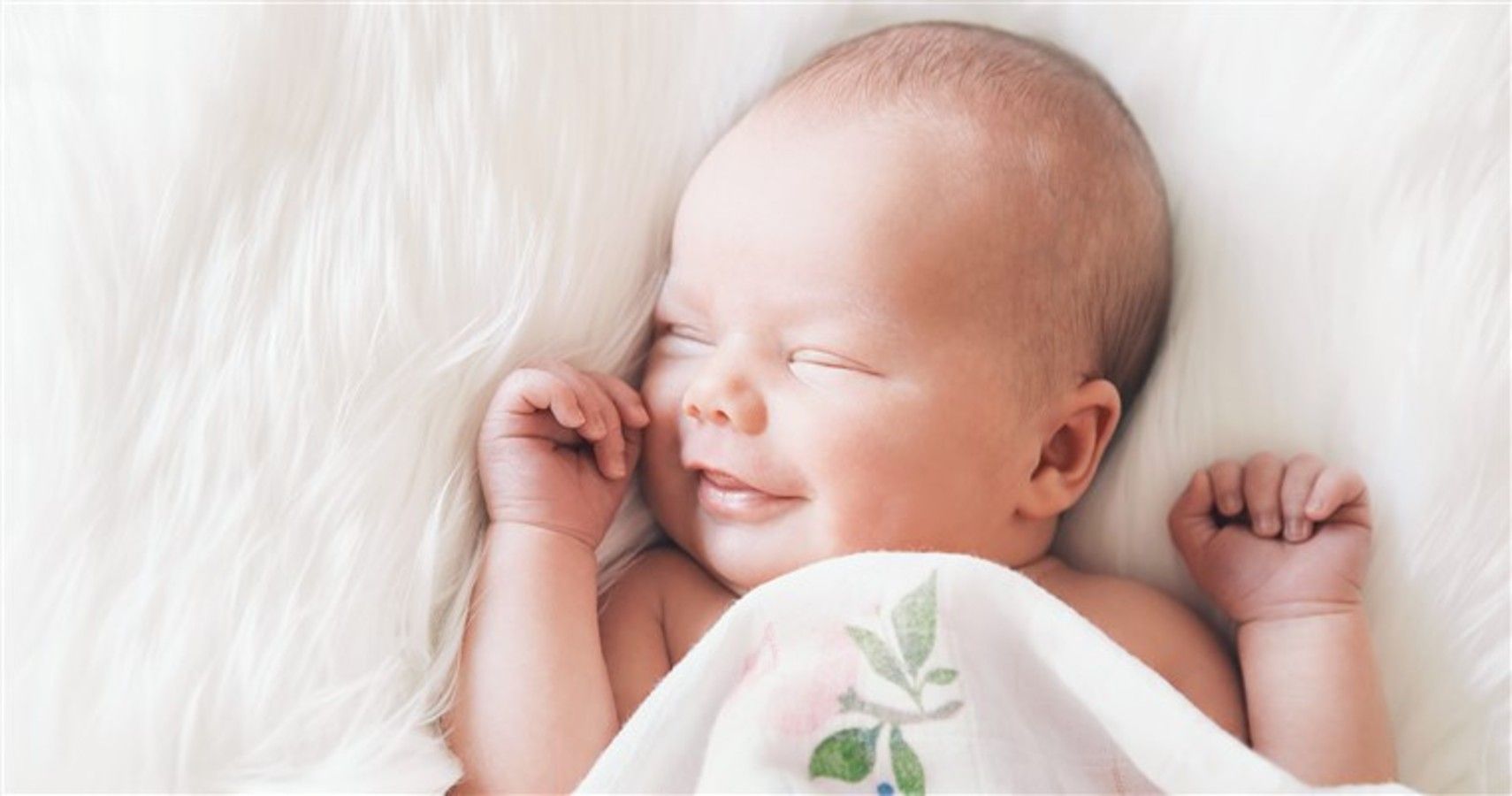Is there any sweeter sound than that of a baby's laughter? A child's first laugh can occur anytime between a few weeks old to four or five months of age. Parents cannot wait for this first giggle to occur. What you might not have known is that recent studies indicate a link between a child's laughter and their development.
Caspar Addyman is the director of the InfantLab at Goldsmiths at The University of London. In his new book, The Laughing Baby, he examines the science behind our babies' laughs.
There is not much research on whether a fetus knowns happiness or pleasure, but there are studies on fetal pain. Since both pain and pleasure are supported by similar circuits of the brain, one could assume that studies conducted for one would apply to the other.
Do those little smiles that appear in ultrasound pictures indicate that your baby is in fact happy? Psychologist Nadja Reissland at the University of Durham identified seven fetal facial expressions. She confirmed that both crying and laughing are practiced in the womb.
While we all experienced it, none of us could hope to understand the crazy confusion a newborn feels when entering the world. Infants with immediate and close contact to mom after delivery have been known to do much better than those who don't. There is no substitute for skin to skin contact, and experts universally say, the more the better.
Once life settles down and both mom and baby are back at home, a newborn grows developmentally by leaps and bounds each day. Little smirks start to appear, but is it a genuine smile or a spontaneous and involuntary motion?
Many mothers see first grins appear after feeding their little ones. This "milk drunk" state often lends itself to a very satisfied baby sporting a sweet smile. At this stage, most pleasure is caused by fulfilled desire, and associated research into pleasure is usually done on food responses. It is no surprise, sweet foods offer up smiles, whereas sour or bitter foods bring about the opposite.
Touch is another huge source of adorable baby smiles. The comfort babies find in being caressed or stroked is quickly followed by the joys of being tickled. Other simple activities like splashing in the tub all lend themselves to helping your little one discover more about their bodies and their surroundings.
Addyman says, "Babies rapidly realize what is coming next when we approach to tickle them and start to laugh in anticipation. Their laughter is no longer happening as a direct physical response to tickling. It is now cognitive. It is a laugh about an idea. Their very first joke."
Babies laugh a lot because think about their lives... so full of wonder, excitement, and surprise. Every new thing sparks an emotion. It is through their laughter that they share their happiness. Adults could learn a lot if we slowed down and watched how babies interact with the world. They soak up each magical moment, living in awe of all the incredible things around them.
SOURCE: dailymail.co.uk

